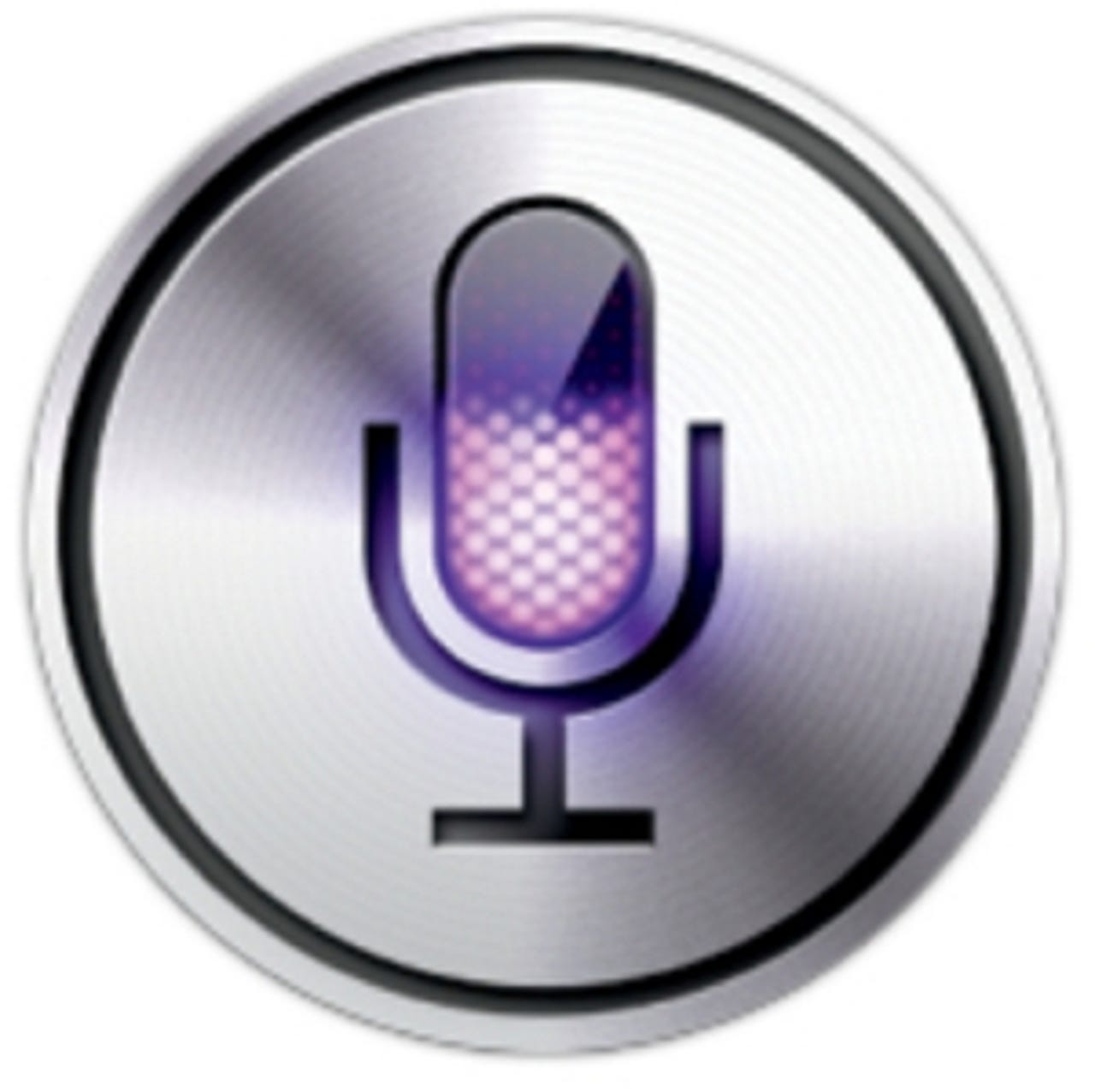Take a letter, Siri. Can my iPad handle long-form dictation?


Voice dictation, the technology that listens for words spoken into a microphone to interpret them into digital text, tends to yield mixed results -- producing flawless text one time and then ridiculous output the next. It's hard for mobile devices to be taken seriously when it comes to dictated entry.
Siri took on the ability to convert the spoken word a while back, and while it's been moderately effective for the short entries that are typical of text messages, it has delivered inconsistent results with long dictation from the beginning. For accuracy, longer dictated entries need to be analyzed in context with the words around them -- and that effort can quickly fall apart.
Having tested voice input on many mobile platforms over the years, I had no intention of re-testing Siri's version; but a broken arm changed my resolve. Going from prolific writer to one-handed wordsmith left me with no option but to seriously test voice input on the iPad Pro, my primary work system. I needed to see whether Siri's voice input technology had improved sufficiently to make it a viable option for me.
In a word -- almost.
Featured
Integrating voice input into Siri makes it available system wide, and that's handy. Whether dictating search terms, text messages, or longer text, the ability is always at hand. System apps can use voice dictation by clicking the microphone icon in the text entry box. The same icon can be tapped on the onscreen keyboard.
Once the Siri audio waveform appears, the system is listening for voice input to interpret. It will continue to listen for speech until either hitting the Done button or a short pause in speech occurs.
Siri tries to show the real-time interpretation but often lags behind the spoken word. Text eventually appears after input is stopped. In practice Siri does a better job interpreting short passages like text messages. I refer to this type of dictation as "fractional context" as Siri doesn't get lost trying to piece together long passages. I typically input several sentences in a pass to aid in my writing process.
At your service: 8 personal assistant robots coming home soon
Siri especially does a good job with personal names, although it sometimes misses some that it has routinely gotten right in the past.
For my intended use of dictating long-form writing I find accuracy to vary depending on ambient background noise. Siri often confuses the background noise with my dictation, and makes a mess with the interpretation when it happens. Training Siri to better handle my voice doesn't seem to help this. Fortunately, major errors like this are easy to spot in editing, although a lot of work to fix.
Dictating longer entries requires a complex methodology to help Siri make the best of it. This involves dictating text much like you'd read it from another source. Slow and steady is the key, devoid of pauses that stop the inter-operation. My method of writing doesn't work this way and thus the accuracy is consistently around 80 to 90 percent. This is better than when I first tested Siri dictation a while back, but not as good as touch typing,
But I am finding it to be an improvement over one-handed typing, so it's a partial success.
See also: